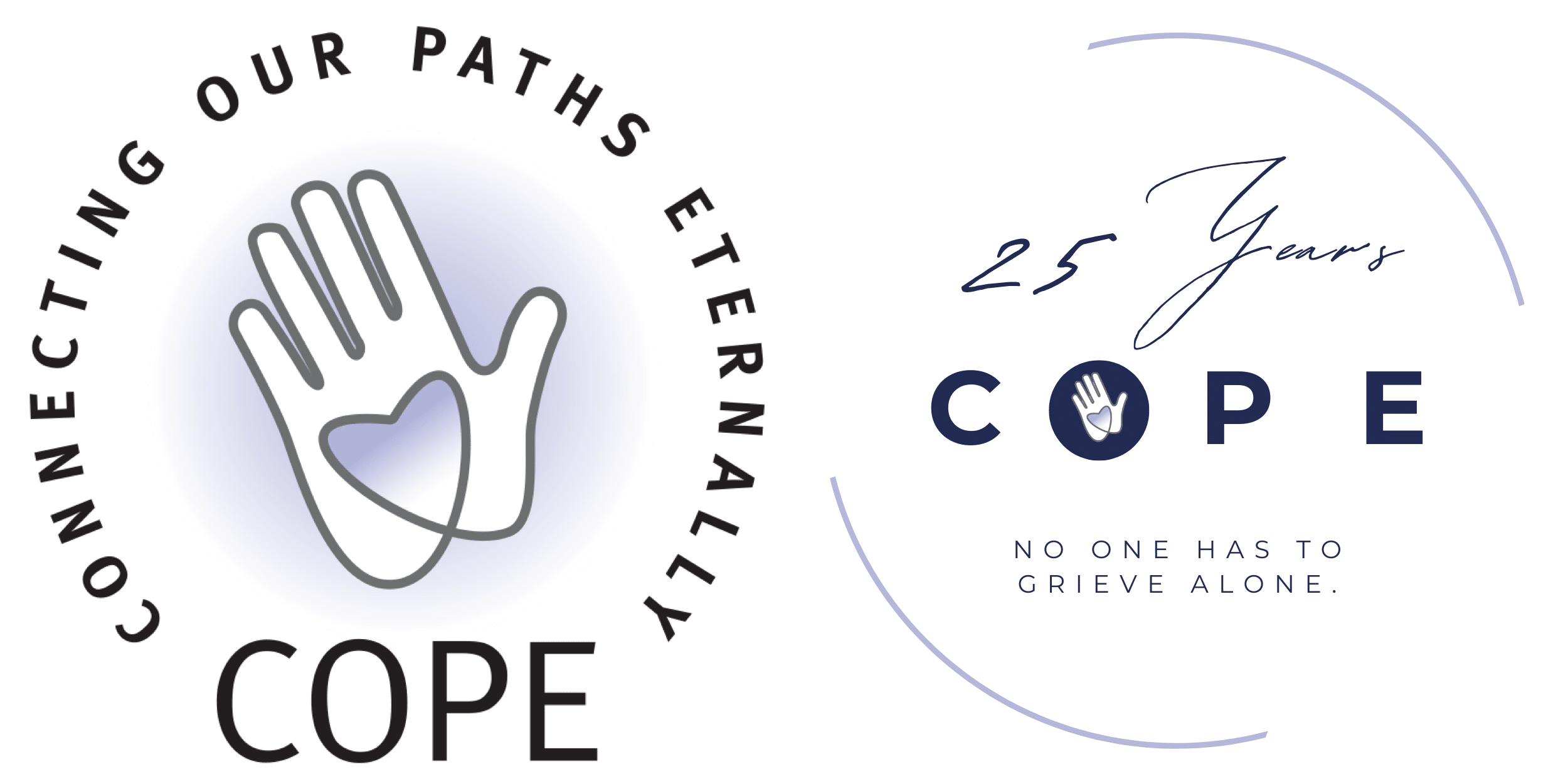Gratitude Practice
As we move past Thanksgiving into the winter holidays and the new year, this is often a challenging time for grieving individuals. It can be difficult to find joy when the loved one we want to celebrate with is not there in the way we want them to be. It can be hard to look forward to a new year when that will just be another year they did not get to live in.
Be gentle with and have compassion for yourself during this time. Join the holiday celebrations if it feels right for you, whether as a way to distract yourself, surround yourself with other loved ones who you can find comfort in, or as an opportunity to have your loved one still present in some way – a conversation about a happy memory, a stocking still hung for them, or a prayer for them watching over the family. If the holidays need to look different for you this year and you need it to pass more quietly or with fewer people around, allow yourself that as well, even if it might be difficult for others to understand.
Whatever you choose, set aside time for yourself and your emotional well-being. If joy feels inaccessible, consider a gratitude practice. Practicing gratitude can have incredible benefits for your physical and mental health, including strengthening our immune system, improving sleep, feeling more optimistic, and feeling less isolated – all important factors for those processing their grief. Purposefully taking time each day to identify even the smallest thing to be thankful for can be one moment that day that feels a little lighter and a little more hopeful.
Today you might be grateful for the good weather so you can take an invigorating walk to start your day. Or perhaps you are thankful for the rain as an excuse to stay in bed later and calm your mind. You might be thankful for your neighbor who checked in on you or your sister who accepted without question that this year, your family needs Hannukah to look different. Perhaps you are able to spend time being thankful for the positive ways your loved one continues to impact your life in how you view your other relationships or the work you do in their honor or maybe you are grateful for the people who have shown up for you in your grief. It might simply be that there were two matching socks on the top of the laundry pile, which saved you an extra minute of searching or the traffic light that always seems to be red, today was green. Big or small, finding a moment (or moments!) of gratitude each day will help in healing.
Some tips for a meaningful gratitude practice include beginning by observing the times in your day that you say “thank you” or “you’re welcome” even just out of habit as this primes us to notice them more often and makes it easier to recall things we are grateful for. Set aside a specific time each day to reflect on even one moment or interaction from the day and call on your five senses as inspiration and to allow yourself to re-experience the feelings you had in that moment. You can keep a gratitude journal to reread when feeling dejected or hopeless or share your gratitude with others to acknowledge the roles you play in each others’ lives in providing goodness. In the beginning, it is OK to feel like you are just “going through the motions,” as even this practice will trigger emotions of gratitude and allow you to build from there. Lastly, remember that gratitude is not about being only optimistic or positive and looking on the bright side. Part of gratitude is acknowledging the more difficult things and darker times we have experienced as this stark contrast is the foundation for gratefulness.
Today and every day, we are grateful for you, our COPE community.
—

